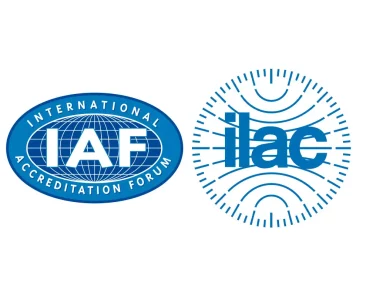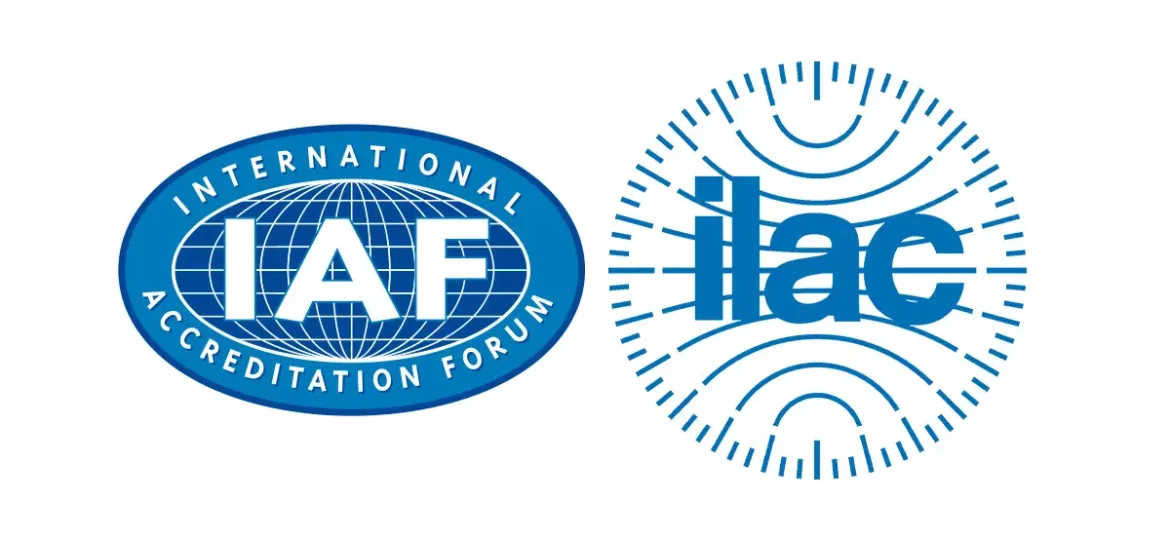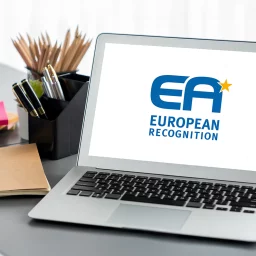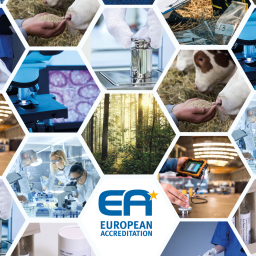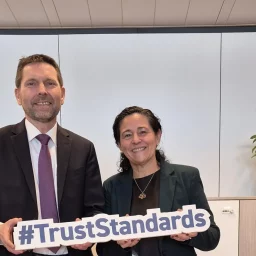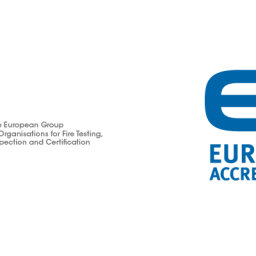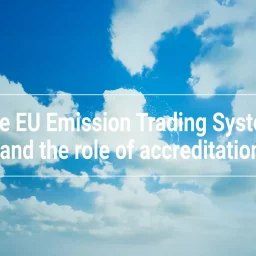We celebrate World Accreditation Day each year on June 9. This year’s theme, Empowering Small and Medium Enterprises (SMEs), highlights how accreditation and the broader quality infrastructure system can support and strengthen SMEs.
According to the World Trade Organization, 95% of businesses worldwide are SMEs, employing fewer than 250 people. They account for 60–70% of employment and 55% of GDP in developed economies, and contribute up to 40% of gross national income (GNI) in emerging economies.
In 2024, the European Union (EU) registered 26.1 million SMEs. Emerging markets alone host an estimated 365–445 million SMEs. Despite their central role in global economies, SMEs face major challenges: competing with larger organizations, accessing finance, managing rising costs, bearing compliance burdens, and breaking into new markets.
The EU’s single market enables the free movement of people, services, capital and goods. Thanks to mutual recognition, any product lawfully sold and compliant in one EU country can be sold across all others.

Regardless of their size, EU-based companies benefit from:
- A ‘home market’ of over 450 million consumers;
- Easier access to a wide range of suppliers;
- Lower unit costs;
- Greater commercial opportunities.
Legislation governing the single market ensures that products meet high health, safety, and environmental standards. It also allows compliant products to circulate freely with minimal administrative burden.
Key components of the internal market include:
- Safety – Products must meet high safety and environmental requirements.
- Standards – Standards define technical or quality specifications for products, processes, services, or test methods. They help ensure performance, safety, and interoperability.
- Conformity assessment – This procedure must be completed before a product enters the EU market. Only products that meet all applicable requirements can be placed on the market.
- Accreditation – This is the final level of public control in the EU’s conformity assessment system, ensuring that conformity assessment bodies have the technical competence to carry out their work.
- Notified Bodies – These are organizations designated by EU countries to assess the conformity of specific products.
In Europe, accreditation is the preferred means to demonstrate the competence of conformity assessment bodies seeking notification. Consequently, around 80% of Notified Bodies are accredited.
Click here to read more information about the European Single Market

How Accreditation Empowers European SMEs: National Examples
Italy – Enhancing safety and productivity through accreditation (ACCREDIA)
ACCREDIA, the Italian National Accreditation Body, has conducted research with INAIL (the Italian National Institute for Insurance against Accidents at Work) showing that Italian companies certified under accreditation to the ISO 45001 standard are 22.6% less likely to experience workplace accidents. Moreover, when accidents do occur, they are 29.2% less severe in certified companies compared to non-certified ones.
According to the 2024 yearbook by ISTAT (Italian National Institute of Statistics) and ITA (Italian Trade Agency), 17.2% of exporting companies hold accredited management system certifications—yet these companies represent 53.7% of total export value. Certified micro-enterprises show 55% higher productivity than their non-certified counterparts. The smaller the company, the greater the productivity benefit: the productivity differential ranges from 5.3% for companies with 50–249 employees to significantly higher gains among micro-enterprises.
Spain – Accreditation and tax incentives for innovative SMEs (ENAC)
The Spanish Ministry of Industry and Tourism promotes R&D&I among SMEs by offering tax benefits linked to accredited certification. The ‘Innovative SME’ mark, regulated by the Ministry, allows qualifying companies to access these incentives.
To obtain the mark, SMEs can present a certificate issued by a certification body accredited by ENAC, the Spanish National Accreditation Body. Accreditation ensures the competence of certifying bodies and provides confidence in the tax incentive system. The financial relief enables SMEs to reduce business costs and invest in recruiting research personnel.
United Kingdom – Enabling growth in the construction sector (UKAS)
In the UK, the accreditation of a competency scheme has supported SME building inspectors in meeting updated legal requirements and enhancing their professional development. The scheme assesses technical competence across all inspection roles and specialisms.
It helps inspectors meet mandatory registration requirements, supports safer building practices, and creates new market opportunities for SMEs. Within six weeks of launch, 1,000 professionals had been approved, demonstrating the scheme’s positive industry impact.
Click here to read the WAD Brochure
At the Global Accreditation Cooperation Incorporated General Assembly meeting held in Bangkok (Thailand) on 23-24 October 2025, a total of…
At the Global Accreditation Cooperation Incorporated General Assembly meeting held in Bangkok (Thailand) on 23-24 October 2025, a total of…


